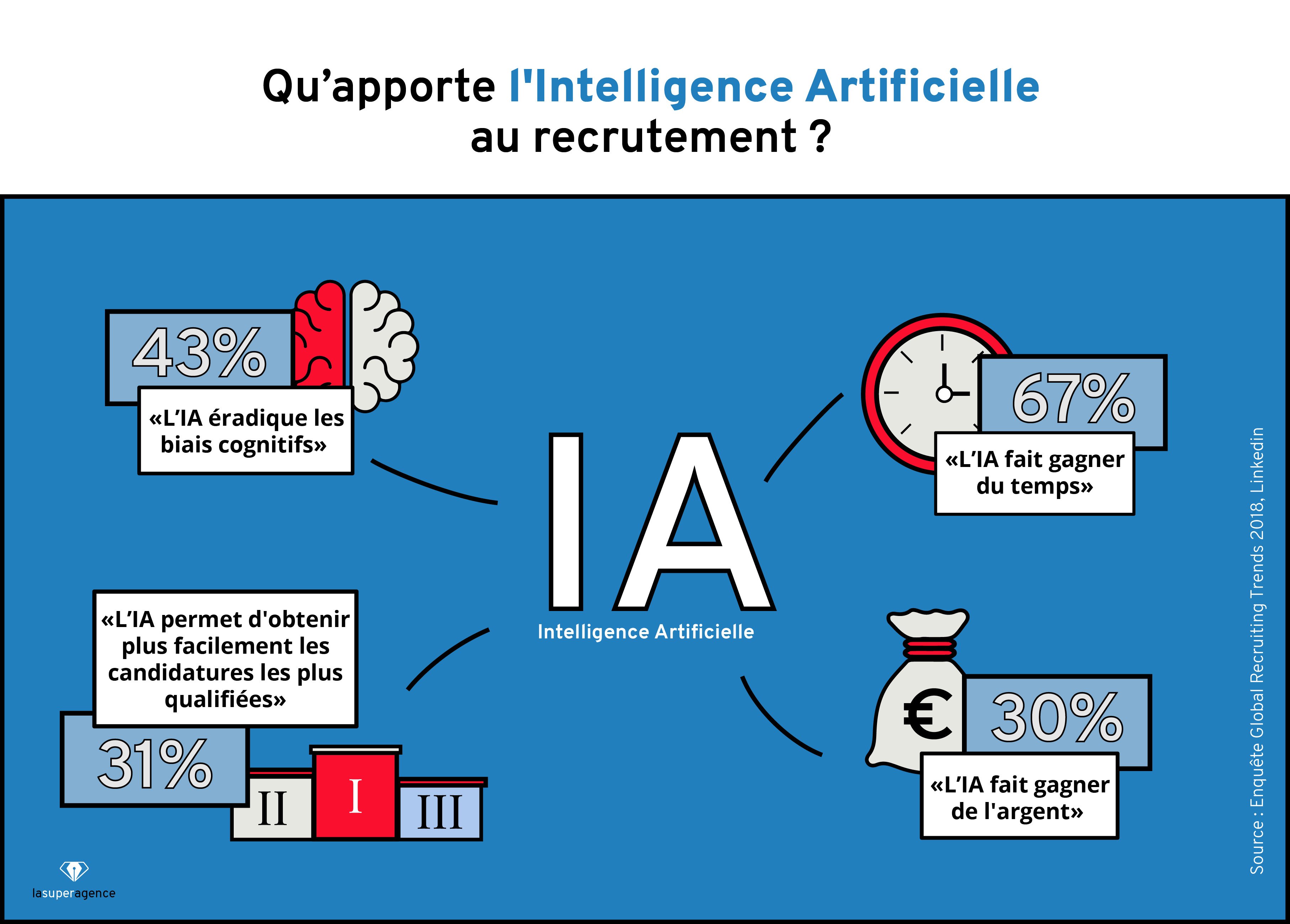"One year of working on Artificial Intelligence is enough to make us believe in God" (Alan Perlis)
"With Artificial Intelligence, we invoke the Demon" (Elon Musk)
Artificial Intelligence, divine or evil?
How to approach it from a content marketing perspective?
For some, the cognitive capacity of machines is seen as a science fiction fantasy ultimately posing a deadly threat to humanity "a la Skynet" in Terminator.
For others, Artificial Intelligence (more commonly referred to as AI) simply illustrates the ability to bring virtual characters to life-sometimes in subjugating ways as in F.E.A.R. - that is, a fun gimmick, but little else.
For a long time, we oscillated between an overly cataclysmic vision and a certain disdain for this technology.
But that was before.
Today, the AI breakthrough is already here, and shows no signs of slowing down. On the front lines? The SEO.
Brake or adapt
Not so long ago, automatically generated posts on some websites were of such poor quality that they were banned by Google crawlers.
The chatbots, meanwhile, were laughable, unable to compete with human intelligence.
We remember Microsoft's disastrous 2016 experiment with its TayBot, manipulated by twittos to make racist slurs.

The intelligent robot Tay, supposed to learn by interacting with Internet users, was perverted by trolls in 24 hours
However, these algorithms have come a long way and are (almost) now catching up with the logic of our fellow humans, causing both excitement and fear among some Marketing professionals.
The idea of receiving content and customer data in a faster, more efficient way than ever is appealing to content providers.
But these providers, and editors, also fear the flip side of the coin that their role will become obsolete. Despite the mixed reviews, some innovations of Artificial Intelligence are here to stay, and SEO will be the first to be affected.
A revolution already underway
AI is shaking things up in the world of Marketing, especially in the field of SEO.
Not only are keywords, metrics, targeted ads, etc. becoming more and more automated, but the possibilities of real-time data aggregation solutions will soon change the rules of the game forever (see below).
Today, Associated Press reportedly uses algorithms to write more than 3,000 articles each quarter.
Weather reports, sports scores, stock market analysis, algorithms are expanding into many areas.
For some companies, this is a dream come true. They will be able to use a content generator that will be able to churn out a bunch of articles and publications much faster than a human.
With a vast potential scope, a much lower cost than " real " writers, increased accuracy of keyword insertion and optimization, the combination of SEO and AI looks promising indeed.
It's inevitable, AI and Content Marketing will soon be inseparable.
Despite all the innovations that exist today, the future still holds new surprises for AI and SEO.

AI optimizes many aspects of recruiting
A bright future?
Marketers have already been dreaming about the potential of AI for years. The opportunities are endless, ranging from programmatic actions for PPC and SEO to improving the sales pipeline.
Thanks to AI, it will soon be possible to produce content based on an Internet user's browsing characteristics. By showing, for example, a disassociated interest in, say, South American cuisine and culture, a browser's AI will "naturally" be able to prompt sites to produce content about burritos specifically for you.
One can also imagine the possibilities offered by robots to technically optimize a website by analyzing its server logs or "chatting" with other AIs to exchange links.
While some will still want a human hand to direct or perfect their content, algorithms will be able to point to the best keywords to use in real time. These technological developments will allow content providers to be at the top of search results almost every time.
How will Google, whose own indexing tools are precisely...bots,
react?Mystery still reigns as to how this enhanced keyword strategy will actually work.
We don't yet know how this kind of content will be processed from draft to publication, but big changes are expected.
Real-time data: the lifeblood of SEO
We know that one of the main things AI will bring to SEO is speed.
As mentioned earlier, the machine will not only be able to aggregate and organize keywords and search terms, but also determine how best to use them.
Imagine (close your eyes if you will) being able to run automated tests to define which terms will work best based on the location of the web user, the device they're using or the time of day according to the famous ATAWAD (Any time, anywhere, any device) principle, dear to the Inbound Marketing. That would be great, wouldn't it ?
Marketers will also be able to use these algorithms to implement a predictive analytics strategy.
This means that updating automated responses and search terms will happen instantly - scouring in seconds those with the highest ROI.
This fast-paced development will undoubtedly change the strategy and analysis of search terms (and thus SEO) for years to come.
We'll talk about it in 10 years 5 years?








